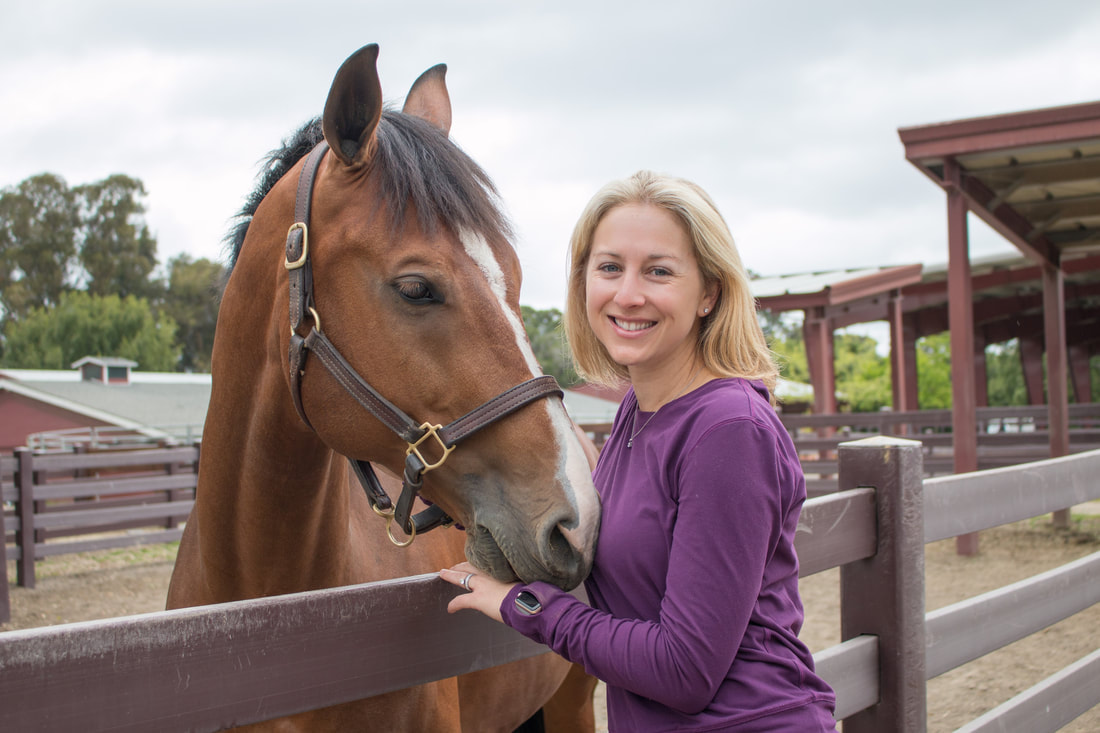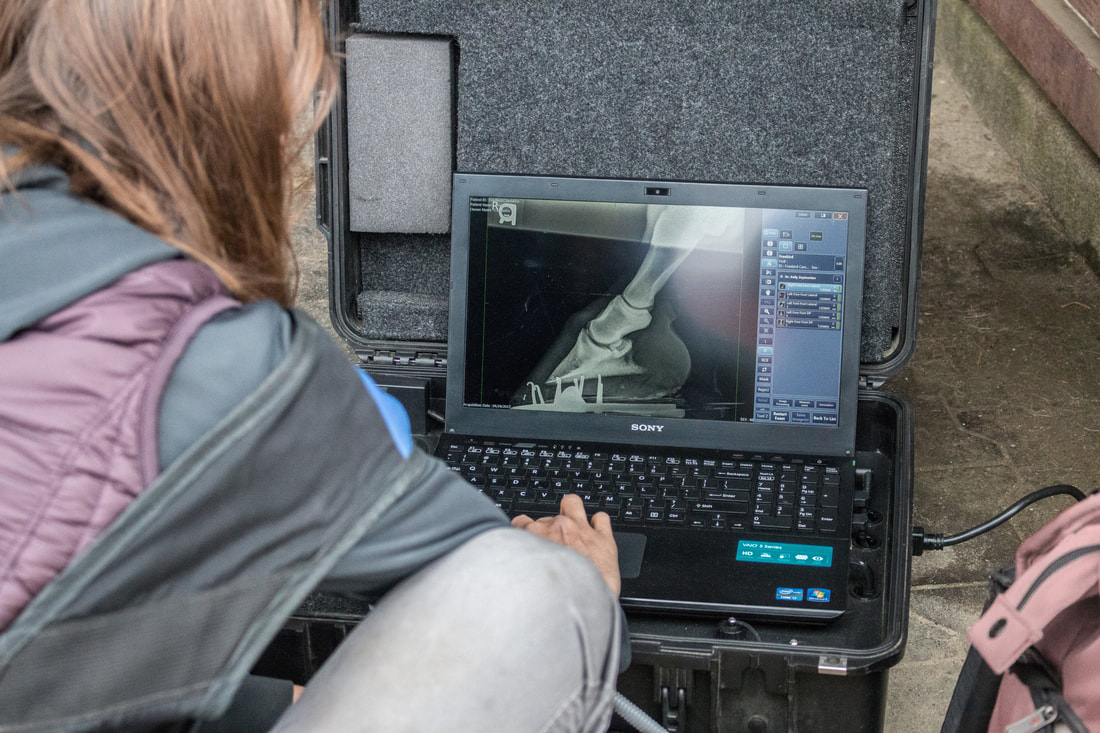|
Equine rehabilitation focuses on restoring or improving the health of horses. Executing a successful rehabilitation program requires a team effort with active participation from your veterinarian, trainer, rider, farrier, and barn manager. An accurate diagnosis is the most crucial step in designing a treatment plan tailored to your equine athlete's needs. Once the cause of an issue is identified a course of treatment can be created to address the problem whether it be an injury, misalignment, or lack of strength. With a variety of treatment options now available for your equine athlete, it is important to make sure that the professionals you select to oversee your horse’s rehab program are well educated and correctly trained in the use of many therapy modalities. The University of Tennessee College of Veterinary Medicine offers the only university based program producing Certified Equine Rehabilitation Practitioners (CERP). The CERP program consists of a sequence of postgraduate courses designed to provide the participants with the necessary skills to design and implement comprehensive rehabilitation programs for commonly seen musculoskeletal, integumentary, and neurologic conditions in the horse. Starwood Equine's own Dr. Kelly Zeytoonian is one of the few veterinarians in the state of California to have acquired certification from the University of Tennessee College of Veterinary Medicine’s program producing Certified Equine Rehabilitation Practitioners (CERP). Call or email our office today to set up an appointment to evaluate your horse’s potential rehabilitation needs for recovery or fitness. The CERP program requires veterinary professionals to collaborate with physical therapy specialists to review equine anatomy, gait analysis, confirmation, lameness evaluation, and neurologic examination. Graduates of this course have received training for identifying which therapeutic modality is most appropriate for certain circumstances and hands on training for the best method of application, including:
Be sure to follow up with your veterinarian as the rehabilitation program comes to an end. It is important to confirm that the injury has healed sufficiently before allowing your horse to return to work.
1 Comment
|
Topics
All
Archives
May 2021
|
Privacy Policy | Copyright © 2019 Starwood Equine Veterinary Services, Inc. All rights reserved.



 RSS Feed
RSS Feed